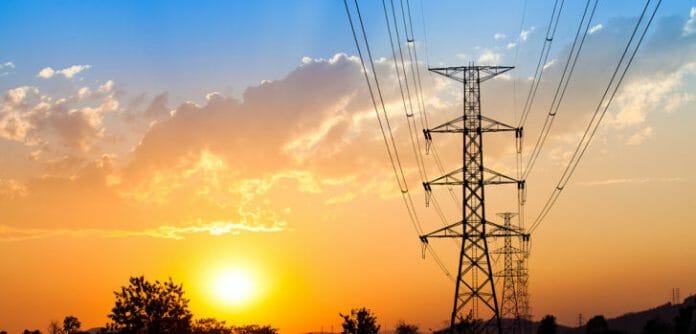RHB Research has maintained “NEUTRAL” rating on Power Sector. With the Top Picks: Ranhill and YTL Power. The recovery in the demand for electricity is rather healthy, but Tenaga Nasional’s (TNB) operating cash flow may stay under pressure if fuel prices continue to stay high. Pending further details, the 1,200MW new quota may provide project sustainability for solar EPCC contractors – even with the absence of LSS5 for now. The research house has remained NEUTRAL on the power sector.
A mixed quarter. In the recently concluded reporting period, seven companies under RHB Research’s coverage released their 2Q22 results. Two booked numbers that were within expectations, while three disappointed: Petronas Gas, Ranhill Utilities and Taliworks. YTL Power and Samaiden Group were the outperformers. While we still like Samaiden’s long-term prospects, we downgraded the stock to NEUTRAL, as its recent share price rally has priced in near-term growth prospects, while high solar panel prices hinder a further re-rating of the sector.
Imbalance Cost Pass Through (ICPT) charge to remain high. West Malaysia’s electricity demand continued to recover in 2Q22 (+4%), led by better commercial and domestic consumption. TNB recognised the ICPT charge of MYR9.8bn in 1H22, and 63% or MYR12bn of its MYR19.2bn trade receivables is related to ICPT. The research house was guided that the MYR5.8bn fuel subsidy for 1H22 was split into monthly payments in 2H22, on which TNB is in the midst of processing July and August payments. To manage the increasing working capital requirement, the Government has agreed to provide a financial guarantee up to MYR6bn, and the incentive-based regulation (IBR) allows TNB to recover the cost of working capital through the ICPT remuneration rate. With fuel prices still high, TNB’s operating cash flow should stay under pressure. If the Government maintains tariff rates in 1H23, a much higher fuel subsidy would be required to close the gap.
Virtual power purchasing agreement (vPPA) is imminent. The Government is approving the allocation and redistribution of a renewable energy quota of 1,200MW for solar resources, as an initial step to boost the country’s commitment to the energy transition. The new quota will be distributed via programmes under existing mechanisms, including the New Enhanced Dispatch Arrangement (NEDA) and solar installation on roofs of buildings. According to The Edge, the 600MW quota offer is for the provision of a new option for the procurement of green electricity supply to companies through the concept of the vPPA, starting in 4Q22. It is understood that the details have not been finalised. It would not be surprised to see LSS5 being delayed further, if the regulator emphasises on the execution of previous large-scale solar (LSS) projects, as well as vPPA implementation.
It is believed Budget 2023 will continue to emphasise on the energy transition, with more ESG-friendly measures being implemented. Wish list items should include tax incentives to boost EV adoption, charging infrastructure, solar usage for residential, new technologies (ie battery storage) and solar part imports.









